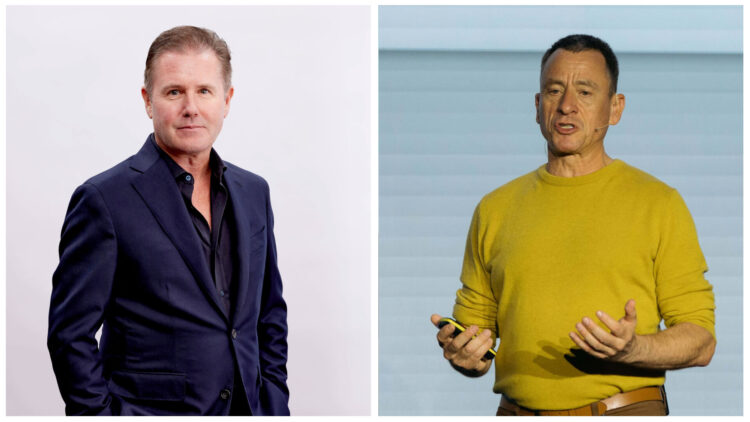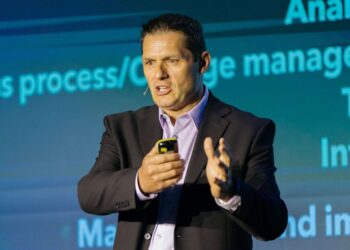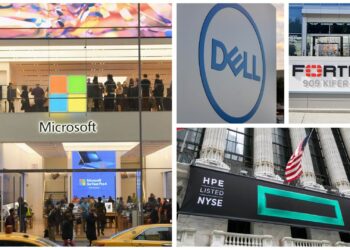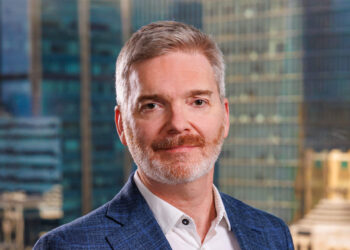The era of globalisation as we know it “has come to an end”, a government minister said yesterday following the US administration’s imposition of sweeping import tariffs.
That means no more “cheap fast-fashion or cheap TVs” and (and, perhaps, no more cheap tech).
Stock markets crashed last week as governments around the world scrambled to respond to measures many think will make the planet, incuding America itself, poorer, more insular and more miserable.
The UK – which as it stands will be subject to 10% tariffs on nearly all US exports – is already reportedly drawing up a list of items it could hit with retaliatory tariffs.
But what does this mean for the IT channel and UK economy? And will it lead to a resurgence in homegrown tech and cloud services?
As IT Channel Oxygen is known for its neutral reporting, in this story – as in all others – we will straddle the wooden garden divide and let some industry luminaries do the talking for us….
“Is this the Americans’ Truss moment?”
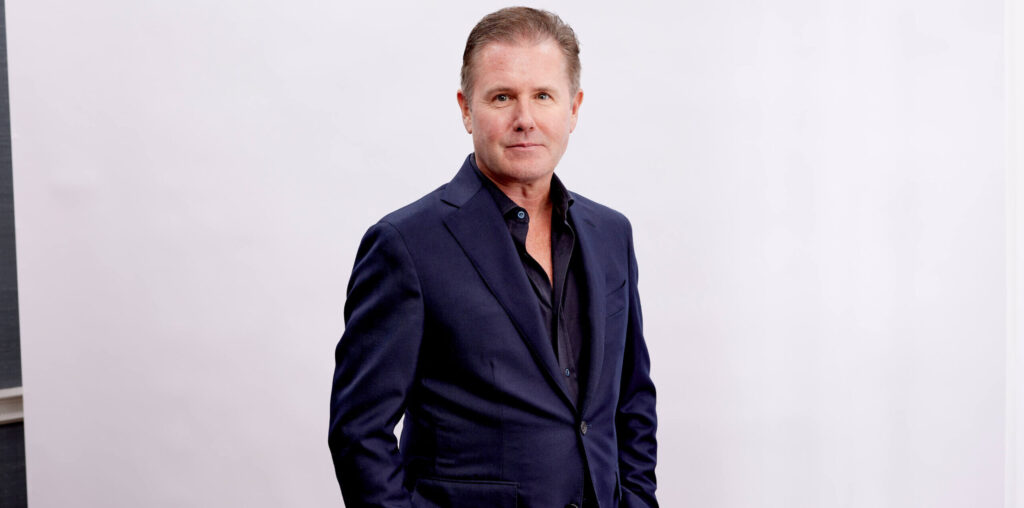
Steve Rigby, Co-CEO of SCC parent Rigby Group
In a LinkedIn post, Rigby questioned whether the introduction of blanket tariffs amounted to “the Americans’ Truss moment” or “an act of genius that rebalances trade in the world?”.
“For me this represents the largest act of economic self-harm the modern world has seen,” he wrote.
The UK government’s “level headednesses” places the country in a strong position, Rigby added, however.
“We are toward the top of a trade deal pile and if the market gyrations continue, [the US president] will need an olive branch to show there is an end in sight to these damaging and dangerous moves he is playing on the global chess board,” he wrote.
“Time to prioritise European datacentres over American ones?”
Alexandre Guérin, Co-Founder, Holori
As the Co-Founder of a French cloud infrastructure visibility and cost optimisation platform, it’s fair to say Guérin has a horse in the race.
But he pointed out that – with EU Commission President Ursula von der Leyen already reportedly considering taxing US software and digital services – customers on this side of the Atlantic could see a 20% jump in their cloud bills “just like that”.
“For enterprises with a global footprint, this may be hard to change everything overnight. But for new projects, it might be time to prioritise European datacenters over American ones,” he wrote in a LinkedIn post.
“One thing is certain: Hyperscalers won’t absorb the cost. Just look at how they handled rising electricity prices – they passed the costs straight to customers, and prices never really came back down.
“Potentially in Holori cloud cost management platform a new kind of recommendations will appear: Relocate infrastructure for tax save you 20%.”
“Apple’s unenviable position”
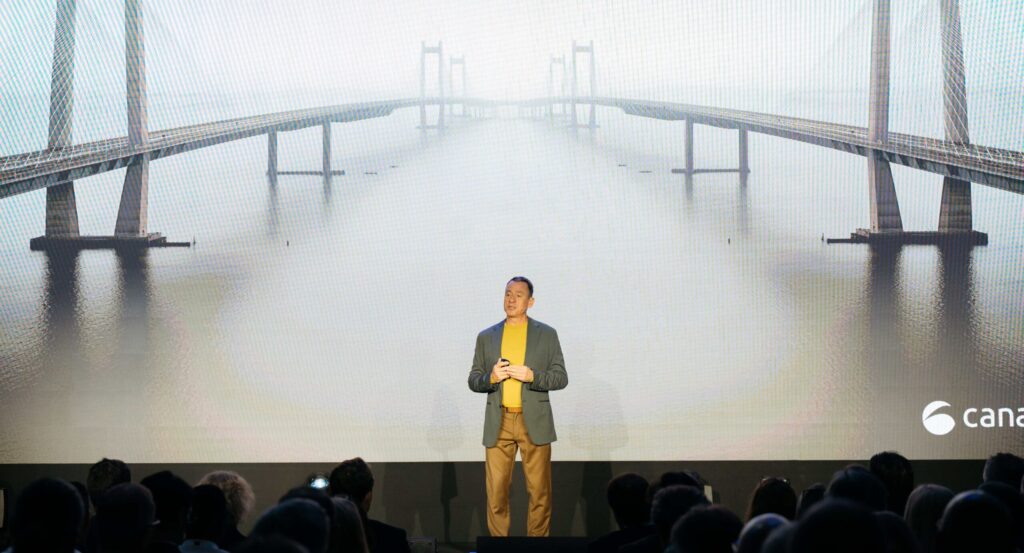
Steve Brazier, Informa Fellow
The predicament of Apple CEO Tim Cook was the Liberation Day sub-plot that most “fascinated” the Canalys Founder and Informa Fellow.
After all, most iPhones are made in China, which was slapped with a 54% tariff. The fruity vendor was among the hardest-hit tech stocks on what was the worst day for US stocks since the pandemic – its shares slumped 8.5% on Wednesday evening.
“Will Apple maintain global uniform pricing, essentially asking worldwide consumers to subsidise US tariff?,” Brazier pondered in a LinkedIn post.
“Or will they apply tariffs only domestically? This would make US iPhone prices the highest globally – both unpopular and seemingly unpatriotic.”
“We have dealt with worse”
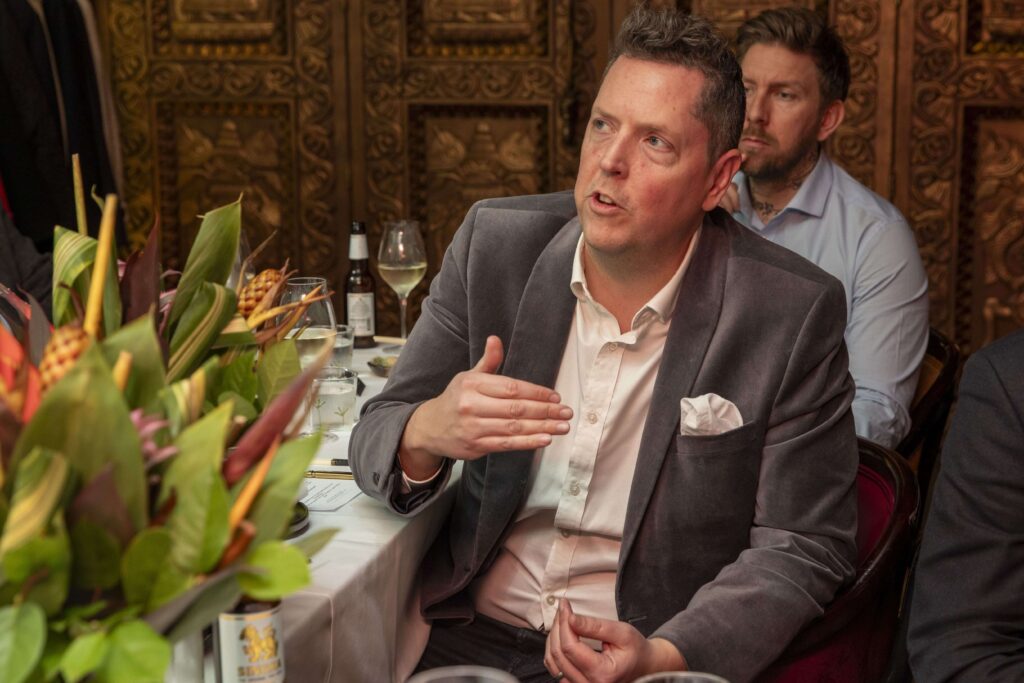
Richard Behan, COO, CAE Technology Services
Behan prescribed a dose of stiff upper lip, asserting that the UK economy had faced worse shocks in recent years.
“For any UK business owner, it has been quite a week! The double whammy of the prospect of tariffs with the United States, combined with the rise in National Insurance and changing income tax thresholds, is not what any of us expected to be looking at a year ago,” Behan wrote in a LinkedIn post.
“Yes, the uncertainty and enforced changes are frustrating, but we have dealt with worse – the pandemic, for one! – and it’s a case of maintaining your resolve, and trusting in your people, partners and customers.”


